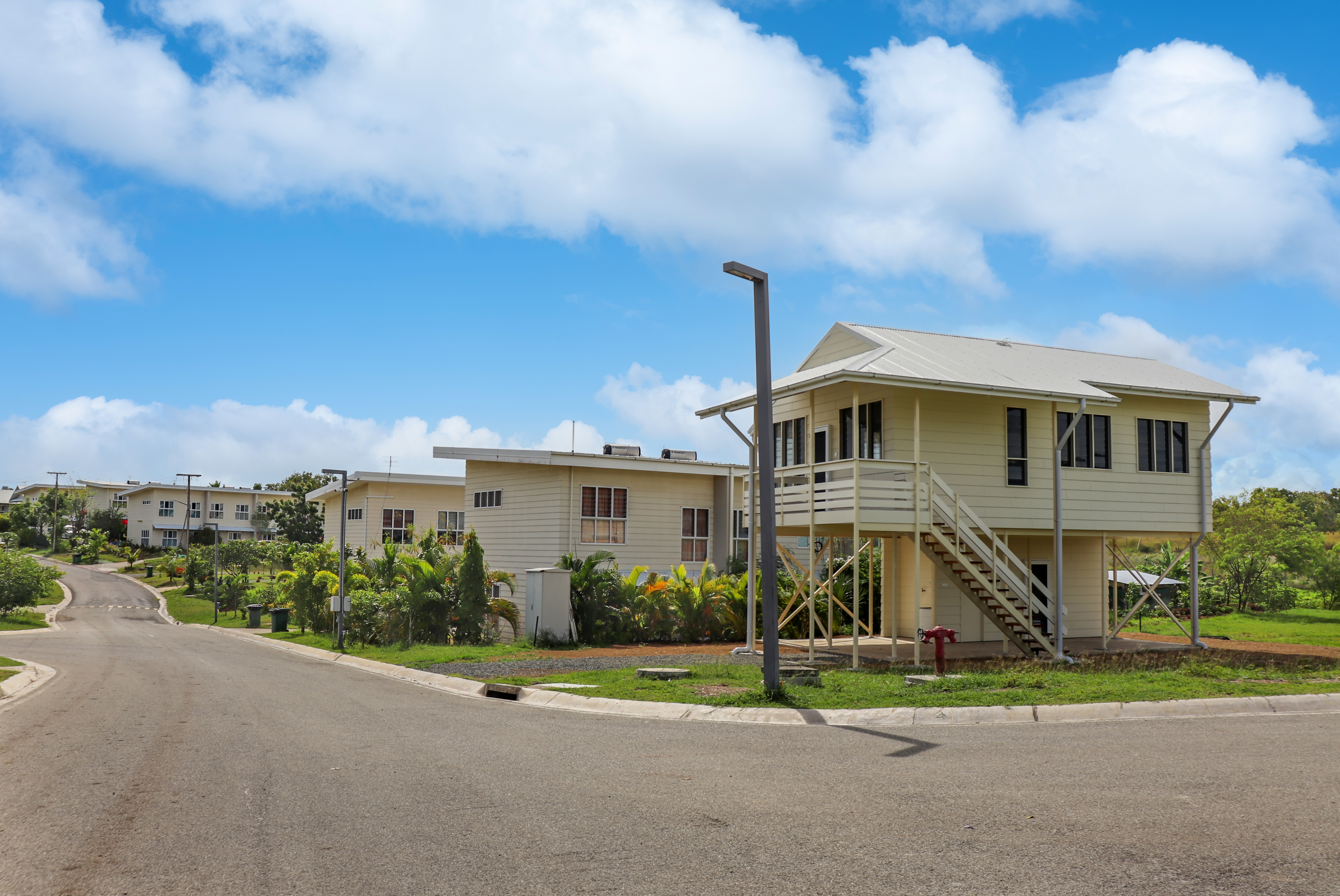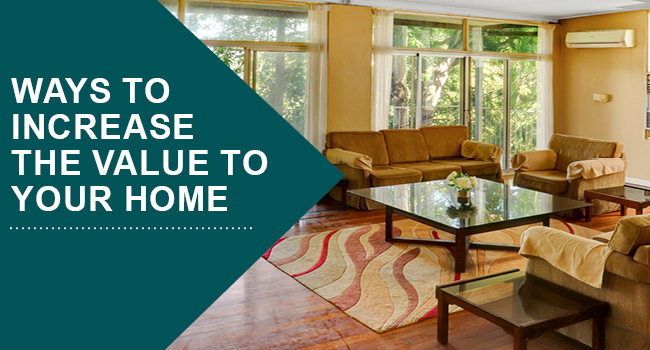A top official of a company renowned for building prefabricated house across Asia and the Pacific said that prefabricated and other types of modular houses are a perfect fit for Papua New Guinea (PNG).
Modern Building Technique
David Cusick, General Manager of Rhodes PNG, said that there are plenty of reasons why prefabricated homes are well-suited for PNG. Mr. Cusick made the declaration while delivering a lecture on “Modern Building Techniques” at the 2018 PNG Real Estate Show.
Prefabrication is a modern building technique where large components of a house like walls are built in a factory and then transported and assembled in the actual building site. Prefabricated houses are hugely popular in Europe and North America. Asia and the Pacific are slowly catching up as more people become aware of the advantages they offer.
Rhodes Projects
Rhodes is an international construction company that originated from PNG. Rhodes has built different kinds of buildings across PNG, and also throughout Australia, Fiji, Tuvalu, and Philippines. Among its projects are staff housing, churches, schools, courthouses, health clinics, warehouses, and barracks. The company’s specialty is prefabricated and other types of modular houses.
The main reason that prefabrication is a good match for PNG, according to Mr. Cusick is affordability. He noted that it is much cheaper to build prefabricated houses than traditional houses.
Studies have shown that a prefabricated house is usually 40 to 50 percent cheaper than its traditional counterpart. The short time it takes to assemble a prefabricated house means that you don’t need to pay for expensive labor over a long period of time. This is a luxury not usually afforded to traditional houses.
“Affordability increases when homeowners choose to build or assemble their homes themselves,” Mr. Cusick stressed.
Mr. Cusick also noted that prefabricated houses are quicker to build and can be transported to any part of the country. Some prefabricated houses can be assembled in a day or two.
When building a house on-site you have to contend with the elements. At times, work gets delayed because of bad weather. Stringent zoning regulations also sometimes get on the way, further delaying the project. Prefabricated houses, meanwhile, are usually built inside factories. It means that work continues, rain or shine, and is completed much faster.
Also, the possibility of red tape delaying construction is much lesser with prefabricated homes. However, the fact that prefabricated homes are new in the construction industry raises the possibility that some of them will run afoul of local zoning boards as what happened in other countries.
Transporting Prefabricated Homes
Despite PNG’s mountainous disposition and the fact that some parts of the country are difficult to access, Mr. Cusick is optimistic that transporting prefabricated homes from the factory to the actual building site will not be a big problem.
“You can have a modern, prefabricated home transported to just about anywhere in the country,” he chimed in.
Mr. Cusick also pointed out that it is easy to build prefabricated houses that even people with limited skills can build them.
“You don’t need a qualified builder to assemble your prefabricated home. This is a real benefit because there is a shortage of qualified builders in Australia. Qualified builders are also very expensive,” he explained.
“Assembling a home yourself without unskilled workers is another way to save money and having a modern home more affordable,” Mr. Cusick added.
With prefabrication, according to Mr. Cusick, it is also easier to maintain high construction standards.
“Mostly, construction takes place in a factory floor, which is a quality-controlled environment. That way, it is much easier to control the quality of prefabricated homes,” he stressed. In a controlled environment, it is much easier for construction managers to supervise and monitor the work. In building a structure with many parts, this is critical.
According to Mr. Cusick, there are 12 companies that provide prefabricated homes in PNG. “Having a range of providers to choose from is good as competition often drive prices down,” he pointed out.
Despite a recent economic slowdown, industry experts are bullish that prefabricated homes will find a good market in the country. They stressed that with a growing middle class and more people looking for modern, affordable homes, prefabricated homes could become an instant hit in PNG in the near future.
Matthew Lewis, Managing Director of Hornibrook NGI, another prefabricated home builder, earlier told the local media that,” In PNG, there is an emerging middle class but the housing is not there. The accommodation that they get is extremely expensive and sub-standard.”



Comments